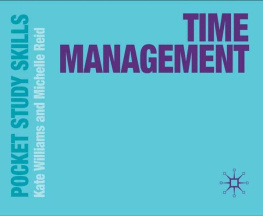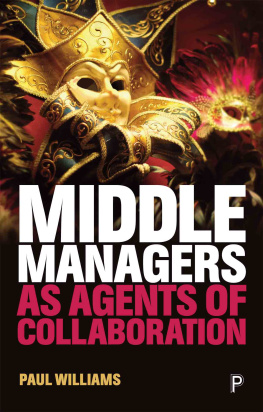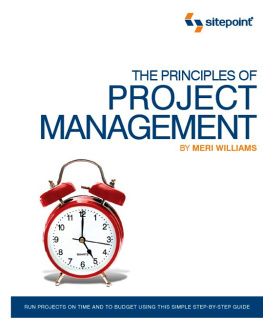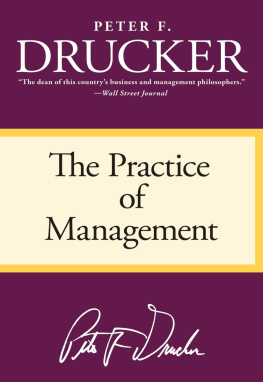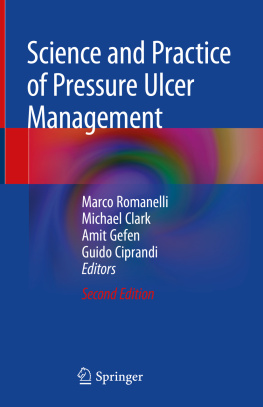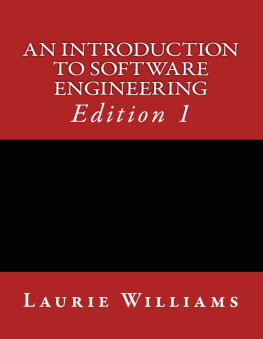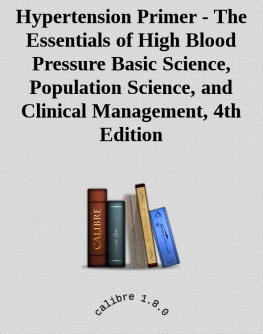
Management Science in Practice
Terry Williams
978EUDTE00317
Copyright 2008 | John Wiley & Sons, Ltd The Atrium, Southern Gate, Chichester, West Sussex PO19 8SQ, England Telephone +44 (0) 1243 779777 |
Email (for orders and customer service enquiries):
All Rights Reserved. No part of this publication may be reproduced, stored in a retrieval system or transmitted in any form or by any means, electronic, mechanical, photocopying, recording, scanning or otherwise, except under the terms of the Copyright, Designs and Patents Act 1988 or under the terms of a licence issued by the Copyright Licensing Agency Ltd, 90 Tottenham Court Road, London W1T 4LP, UK, without the permission in writing of the Publisher. Requests to the Publisher should be addressed to the Permissions Department, John Wiley & Sons Ltd, The Atrium, Southern Gate, Chichester, West Sussex PO19 8SQ, England, or emailed to , or faxed to +44 (0) 1243 770620.
Designations used by companies to distinguish their products are often claimed as trademarks. All brand names and product names used in this book are trade names, service marks, trademarks or registered trademarks of their respective owners. The Publisher is not associated with any product or vendor mentioned in this book.
This publication is designed to provide accurate and authoritative information in regard to the subject matter covered. It is sold on the understanding that the Publisher is not engaged in rendering professional services. If professional advice or other expert assistance is required, the services of a competent professional should be sought.
Other Wiley Editorial Offices
John Wiley & Sons Inc., 111 River Street, Hoboken, NJ 07030, USA
Jossey-Bass, 989 Market Street, San Francisco, CA 94103-1741, USA
Wiley-VCH Verlag GmbH, Boschstr. 12, D-69469 Weinheim, Germany
John Wiley & Sons Australia Ltd, 42 McDougall Street, Milton, Queensland 4064, Australia
John Wiley & Sons (Asia) Pte Ltd, 2 Clementi Loop #02-01, Jin Xing Distripark, Singapore 129809
John Wiley & Sons Canada Ltd, 6045 Freemont Blvd, Mississauga, ONT, L5R 4J3
Wiley also publishes its books in a variety of electronic formats. Some content that appears in print may not be available in electronic books.
Library of Congress Cataloging-in-Publication Data
Williams, Terry.
Management science in practice / Terry Williams.
p. cm.
Includes bibliographical references and index.
ISBN 978-0-470-02664-9 (pbk.)
1. Operations research. 2. Management science. I. Title.
T57.6.W639 2008
658.4034 dc22
2008011003
A catalogue record for this book is available from the British Library
ISBN: 978-0-470-02664-9
Typeset by SNP Best-set Typesetter Ltd., Hong Kong
Printed and bound in Great Britain by TJ International, Padstow, Cornwall
Front Matter
About This Book
Part I Management Science
What Is Management Science?
Management Science Interventions
Part II Modelling Techniques
Problem Structuring Methods
Multi-Methodology
Management Science Methods
Part III Practical Skills
The Proposal Stage
Data
Appropriate Modelling
Creativity
Ancillary Practical Skills
Part IV Practice
What Makes for Successful OR?
Ethics
Reflective Practice
Back Matter
The Final Note: The Future
References
Index
Front Matter
About This Book
About This Book
This book is about what it means to be a professional Management Scientist. It is written for those studying Management Science, for those practising Management Science, or simply for those who are interested and want to know more about the subject what it means and how it is practised. (Operational Research also called Operations Research outside Europe as well see in the book refers to roughly the same subject.)
The book is divided into four parts. The first part looks at just what is Management Science. Thats not an easy question to answer, although both the Operational Research Society in the UK and the equivalent US society, INFORMS, make a start by having the following statement on their websites: In a nutshell, operational research (O.R.) is the discipline of applying advanced analytical methods to help make better decisions (.
first discusses how you can approach practical problems and bring structure to them. Management Scientists will often need to adopt a multi-methodology approach because real-life problems are complicated and messy, so some of these approaches are described in the next chapter. Then the following chapter gives a taxonomy of techniques to enable the reader to understand what the techniques are about, how they relate to each other, and when they might be used. The book wont tell you everything you need to know about these techniques, but will hopefully give you an idea of what is in the Management Scientists toolbox.
There is almost no mathematical content in the book, even though much of it is describing work that we do that does use mathematics. This isnt to downplay the need for the well-rounded Management Scientist to be able to express his or her models in mathematical terms and manipulate those models it is simply that, if we gave examples of all of this work, the book would be twice as long. It does, however, try to give a little of the flavour. The book aims to complement the techniques that are often taught, and aims to describe what you need to become a well-rounded, professional Management Scientist. Besides, the Management Scientist doesnt need to be an expert mathematician anyway the key to this aspect of Management Science is conceptual: it is to be able to take a structured description of a real-world problem and express it in mathematical terms.
and continue to develop in the later chapters. They try to begin to describe the making of a well-rounded Management Science professional.
of the book.
Thus well have gone full circle, with a line of argument that flows from the complexity of the problems with which we, as professional Management Scientists, are faced today. This means that the book does have a definitive viewpoint, which is set out initially during the first few pages of and then expounded throughout the book, trying to present practical Management Science, grounded in the real world rather than the imaginary play models that are sometimes presented as Operational Research. The book is written from the UK and this is perhaps a particularly UK stance on Management Science but it appears to the author to be the type of Management Science that can be particularly effective in making a difference to its client groups universally, and the book tries to make the presentation applicable internationally.
Next page









